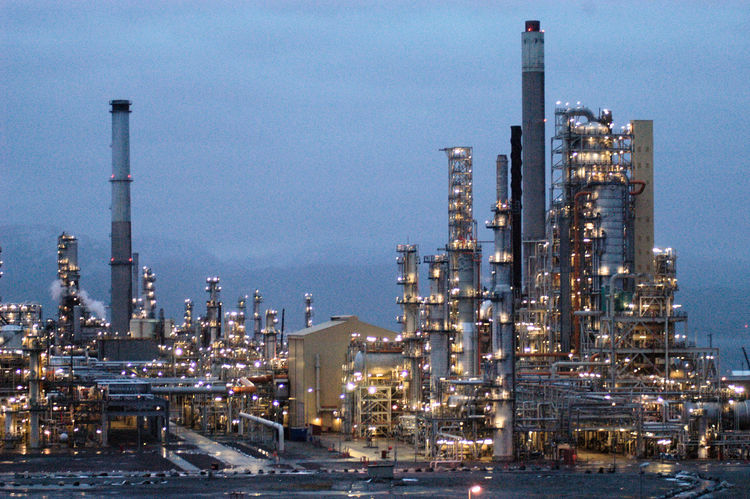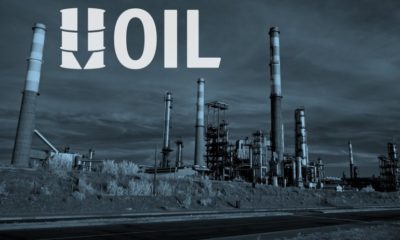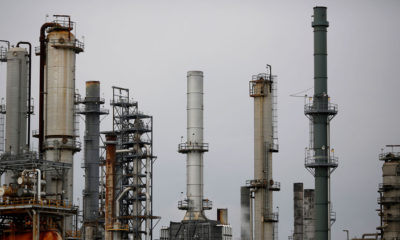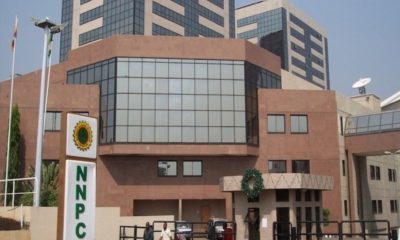- Kaduna Refinery Idle for Seven Months, Loses N18.7bn
The Kaduna Refinery and Petrochemical Company did not refine any crude oil from February to August this year, losing a total of N18.67bn, the Nigerian National Petroleum Corporation has said.
The refinery lost N3.81bn in February, N2.63bn in March, N4.22bn in May, N2.98bn in June, N2.35bn in July, and N2.68bn in August, but made a profit of N2.96bn in April, the corporation said in its latest monthly report.
Nigeria has four refineries, two in Port Harcourt and one each in Kaduna and Warri, with an installed capacity of 445,000 barrels per day, but they have continued to operate far below the installed capacity for many years.
The refineries lost a total of N68.12bn in the first half of this year, making a profit of N928.81m in April, for the first time in 10 months, according to the data from the NNPC.
Total crude processed by the refineries in August was 56,804 metric tonnes as against the 90,872MT processed in the preceding month, translating to a combined yield efficiency of 80.74 per cent as against the 73.82 per cent in July.
The NNPC said only Warri and Port Harcourt refineries produced 53,881MT of finished petroleum products and 8,017MT of intermediate products out of the 56,804MT of crude processed at a combined capacity utilisation of 3.02 per cent, compared to 4.83 per cent combined capacity utilisation achieved in July.
“The lower operational performance recorded is attributable to the ongoing revamping of the refineries which is expected to further enhance capacity utilisation once completed,” the corporation added.
The national oil firm said it had been adopting a merchant plant refineries business model since January 2017.
It said, “The model takes cognisance of the products worth and crude costs. The combined value of output by the three refineries (at import parity price) for the month of August 2018 amounted to N8.67bn while the associated crude plus freight costs and operational expenses were N9.78bn and N9.68bn respectively.”
The proposed rehabilitation of the nation’s ailing refineries has suffered delays as the third-party financiers for the project have yet to be announced, more than a year after the NNPC said 28 firms had expressed interest in its financing.
Despite being a key oil producer and exporter, Nigeria relies heavily on the international market to meet its fuel needs.
The NNPC said in a statement on January 23, 2018, that it was inching closer to arriving at the choice of financiers for the refineries, with the Group Managing Director, Dr Maikanti Baru, saying the agreements on the potential financiers for the refineries were being fine-tuned.
The Minister of State for Petroleum Resources, Dr Ibe Kachikwu, was quoted by S&P Global Platts earlier this month as saying in an interview on the sidelines of the Africa Oil Week conference in Cape Town that he was hopeful the government would pin down details on the overhaul of the country’s refineries by the end of this year.

 Naira4 weeks ago
Naira4 weeks ago


 News3 weeks ago
News3 weeks ago
 Education4 weeks ago
Education4 weeks ago


 Social Media4 weeks ago
Social Media4 weeks ago
 Economy4 weeks ago
Economy4 weeks ago
 Investment4 weeks ago
Investment4 weeks ago


 Dividends4 weeks ago
Dividends4 weeks ago


 Business3 weeks ago
Business3 weeks ago



















